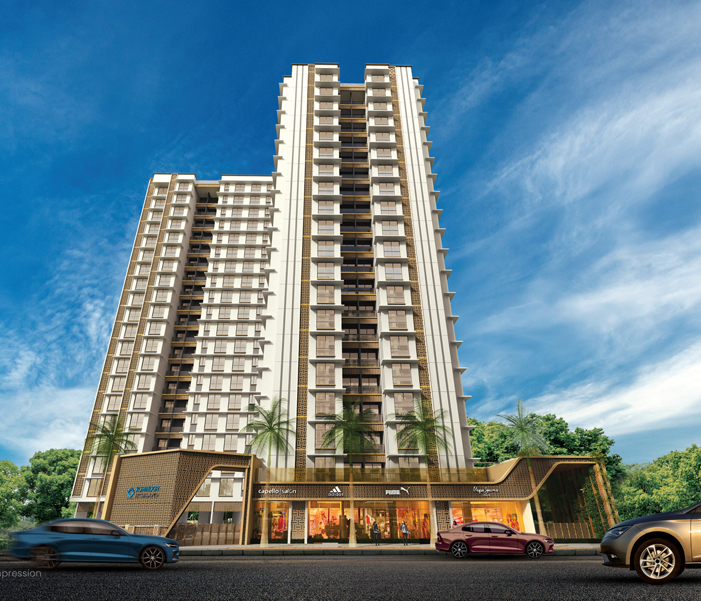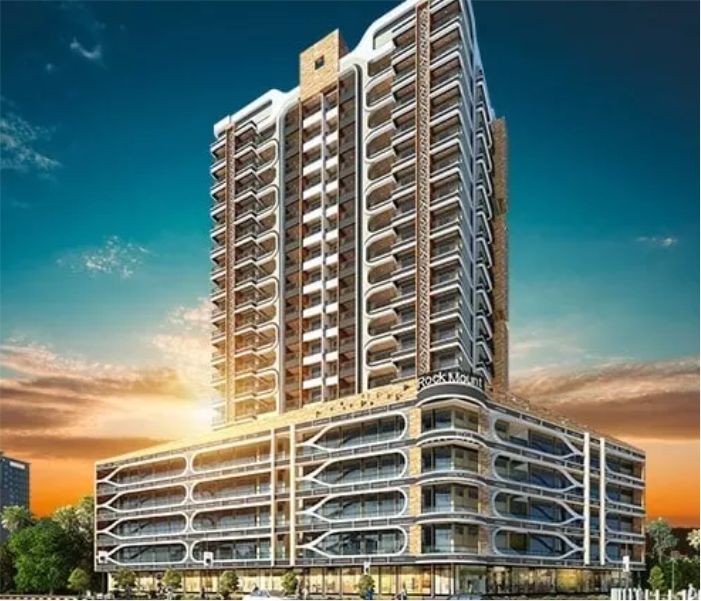
In response to the escalating pollution levels in Delhi, the Centre has taken a firm stance, implementing stringent measures to curb the deteriorating air quality. As the city grapples with soaring pollution levels, it has reached the critical GRAP-III level, prompting immediate action. This includes a ban on all non-essential construction and demolition activities across the capital, alongside restrictions on the operation of older vehicles compliant with BS III and BS IV standards. This move aims to address the pressing issue of air pollution and its adverse effects on public health and the environment.
The Commission for Air Quality Management (CAQM), recognizing the urgency of the situation, has enforced Stage-III restrictions of the Graded Response Action Plan (GRAP). With AQI values reaching alarming levels, measures have been activated to combat the 'severe' category of air quality. The GRAP, structured into four stages based on AQI thresholds, serves as a comprehensive framework to monitor and mitigate air pollution in Delhi NCR.
Despite ongoing interventions, Delhi NCR continues to be shrouded in a hazardous smoky haze during the winter months, posing significant health risks to its residents. The persistent pollution, with AQI levels frequently surpassing safe limits, underscores the gravity of the situation. It is imperative to note that any AQI reading above 60 is considered harmful to health, highlighting the urgent need for decisive action.
Under Stage-III restrictions of GRAP, several activities have been strictly prohibited by the CAQM to mitigate pollution levels. These include earthwork, structural construction tasks, movement of construction materials, infrastructure works, and other related activities. However, exemptions have been granted for projects of national importance, such as those pertaining to national security, defence, railways, and metro.
The construction ban, while essential for tackling air pollution, could have significant ramifications for the real estate sector in Delhi NCR. With over 4.5 lakh residential units under construction in various areas of the region, a halt in construction activities could potentially disrupt project timelines. Residential projects typically take 6-8 years to complete, and any delay due to construction bans could prolong the delivery process by several months.
While some may speculate about the impact of construction bans on property prices, experts suggest that such bans have a minimal effect on real estate values. However, the delay in project delivery could pose challenges for developers and homebuyers alike. Despite these hurdles, the realty market in Delhi NCR has shown resilience, with housing sales remaining robust amidst ongoing restrictions. Moving forward, it is essential to maintain a balance between environmental concerns and the real estate sector's growth, ensuring sustainable development and a healthy living environment for all residents.


.jpg)
Recent comments(0)